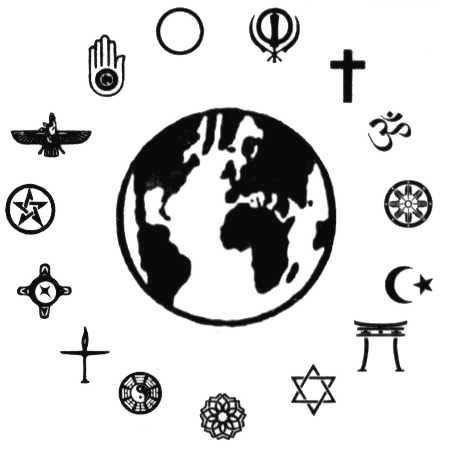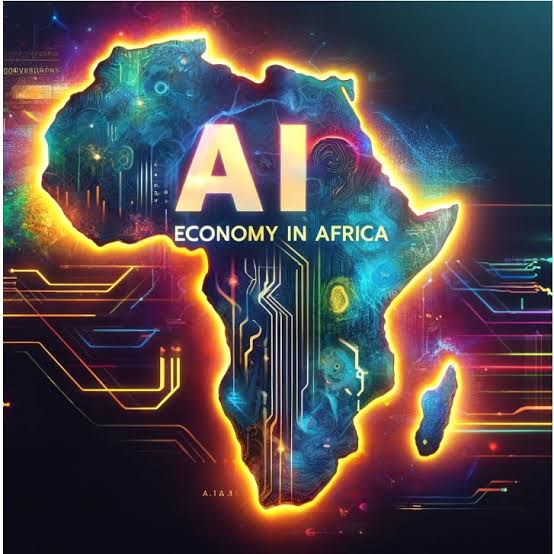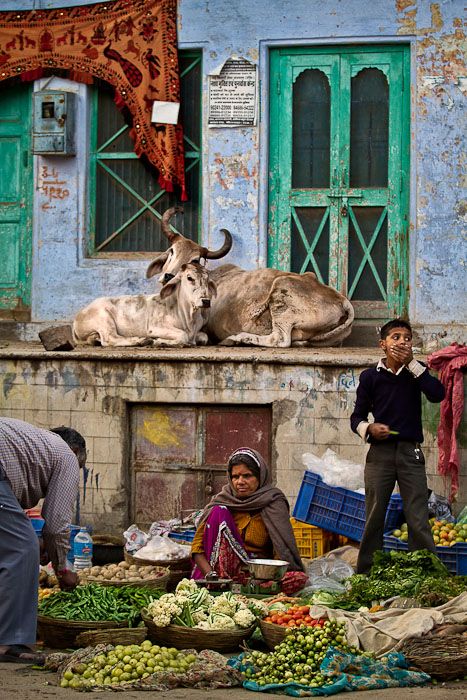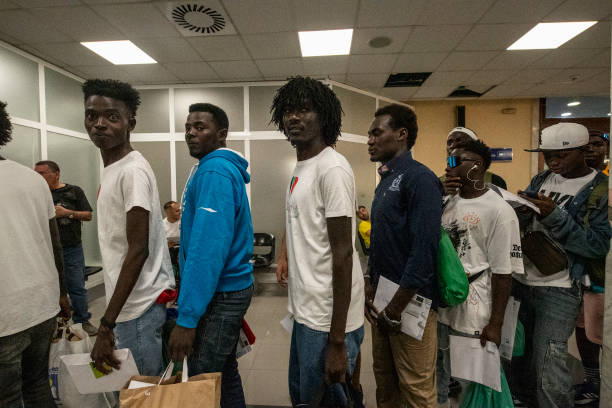Moscow University Appoints African Student Ambassadors
On June 29, 2025, Lomonosov Moscow State University announced the appointment of 11 African students as goodwill ambassadors for its newly formed Russia-Africa Club. This significant initiative, revealed during a dedicated congress, aims to foster stronger cultural and academic ties between Russia and various African nations through public diplomacy efforts. The selected ambassadors hail from seven different countries: Nigeria, Togo, Zambia, DR Congo, Guinea, Chad, and Gabon, reflecting a broad representation of the African continent.
The selection process for these ambassadors was rigorous, with candidates chosen based on their presentations of detailed research on critical areas of bilateral cooperation. These research topics spanned vital sectors such as medicine, energy, food security, and media, underscoring the practical and multifaceted nature of the proposed partnerships. Event organizers emphasized that the core objective of this program is to empower these ambassadors to actively promote Russian education within their respective home countries and to disseminate the invaluable experiences they acquire during their studies in Russia.
The congress itself was a well-attended event, drawing over 150 participants, including prominent African diplomats, academics, and a large contingent of students. It received substantial support from key Russian organizations, specifically Russia’s Public Diplomacy Foundation and Rossotrudnichestvo, the nation’s cultural exchange agency, highlighting the strategic importance placed on this initiative. Vladimir Kochetkov, chair of the jury and a member of MSU’s Department of Global Social Processes, underscored the crucial role these ambassadors will play in cultivating "comprehensive cooperation with African nations," reaffirming the long-term vision behind the program.
Practical examples of the collaborative potential were showcased during the presentations, such as Nigerian medical student Iheoma-Hart Chimeremeze Hart's insightful analysis of healthcare partnerships. In parallel with the congress, a new social network named AFREE (https://afree.ltd/) was officially launched. This platform is specifically designed to connect African communities globally, further expanding the reach and impact of such initiatives. The entire event received media coverage from RT France, ensuring broader dissemination of its outcomes.
You may also like...
In the Shadows of the Signal: How Africa is Fighting a War It Cannot See

The article discusses the growing threat of cyberattacks in Africa, likening it to a "quiet war" being waged through dig...
Beyond Fintech, A Continent on the Rise

Africa's tech landscape is rapidly diversifying beyond fintech. Discover how innovation in sectors like AI, health tech,...
Should Religion Still Dictate Morality in a Secular Age?

This bold essay unpacks the complex relationship between faith, law, and public life—exploring where religion uplifts mo...
Africa’s AI Moment: Are We Innovating or Just Consuming?

As AI reshapes Africa’s digital landscape, the continent stands at a crossroads: Will it lead innovation or remain a tes...
The Rise of AfroAnimation: How African Studios Are Telling Our Stories With Global Appeal
(26).jpeg)
African animation is breaking boundaries as studios across the continent craft vibrant, culturally-rooted stories with g...
Digital Dakar: Why Senegal Is Africa’s Next Fintech Capital

Senegal’s capital, Dakar, is emerging as Africa’s next fintech powerhouse, driven by mobile money innovations, a youthfu...
The Global South Doesn’t Need a Savior: It Needs Equity

This incisive essay dismantles the outdated saviour complex, calling for a bold shift from patronising charity to genuin...
The Strangers Next Door: A New Dilemma at Africa’s Threshold

The article discusses the deportation of African nationals by the United States to eSwatini, a small southern African ki...


